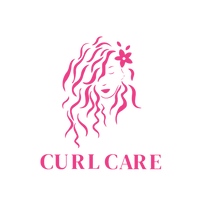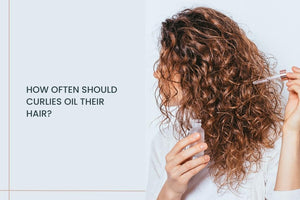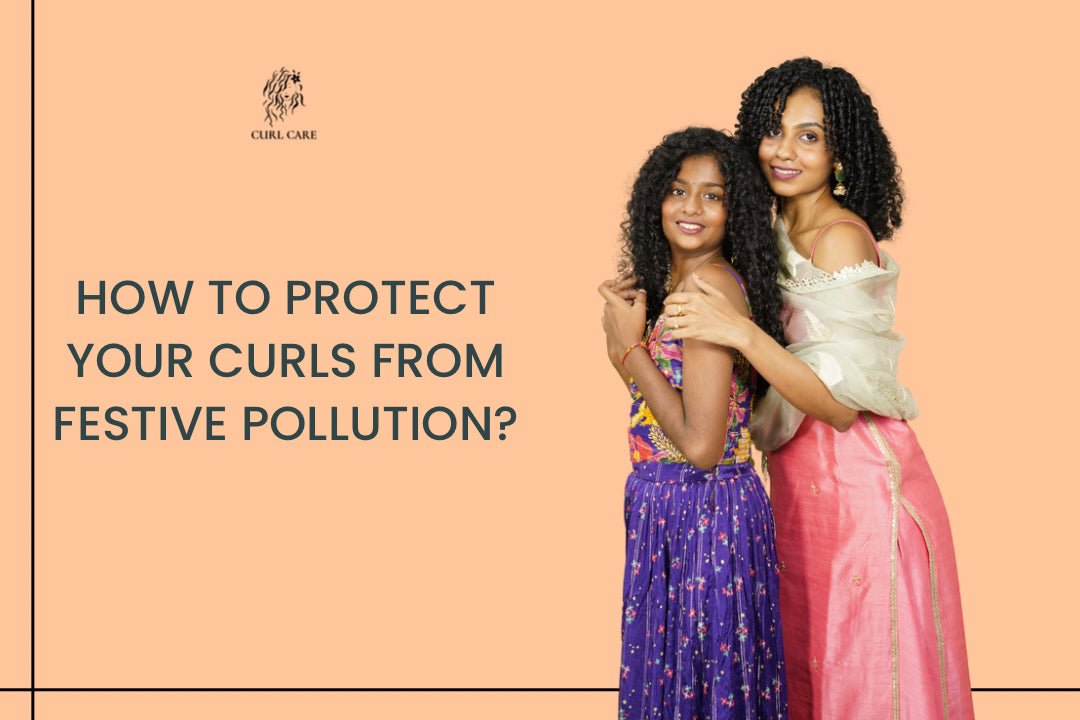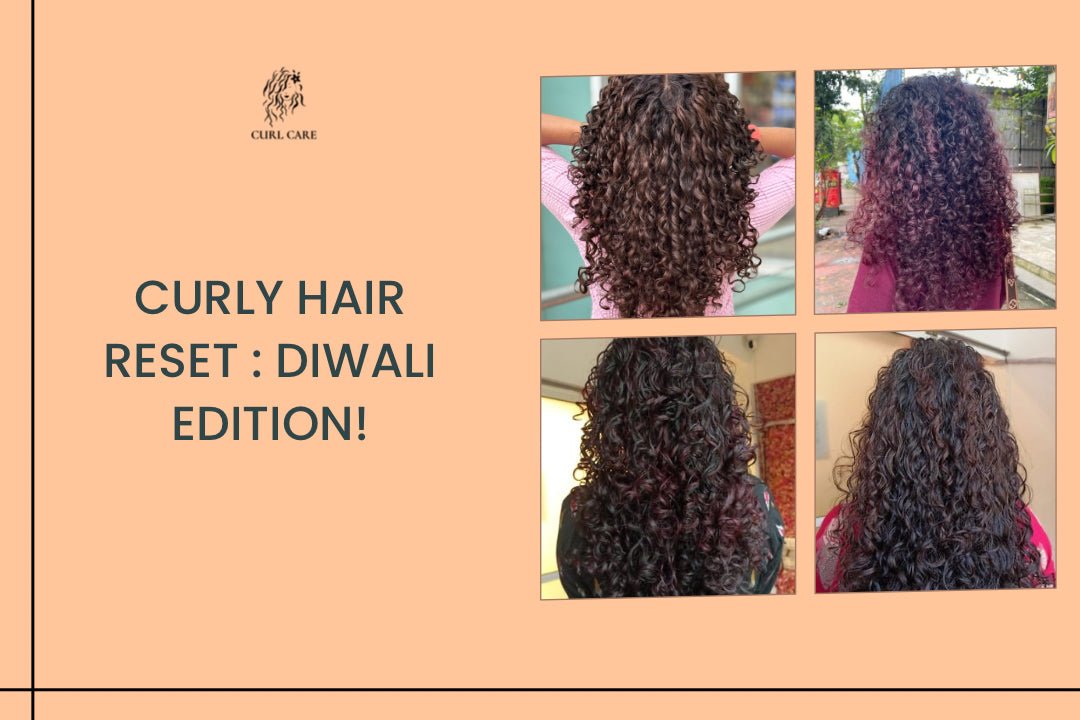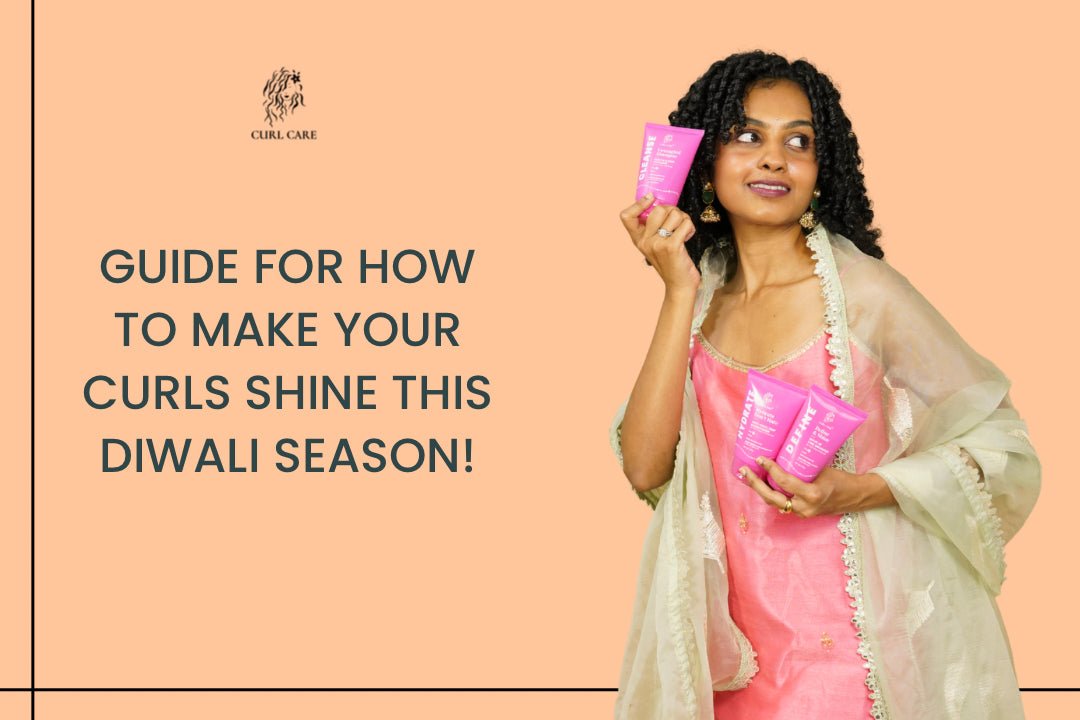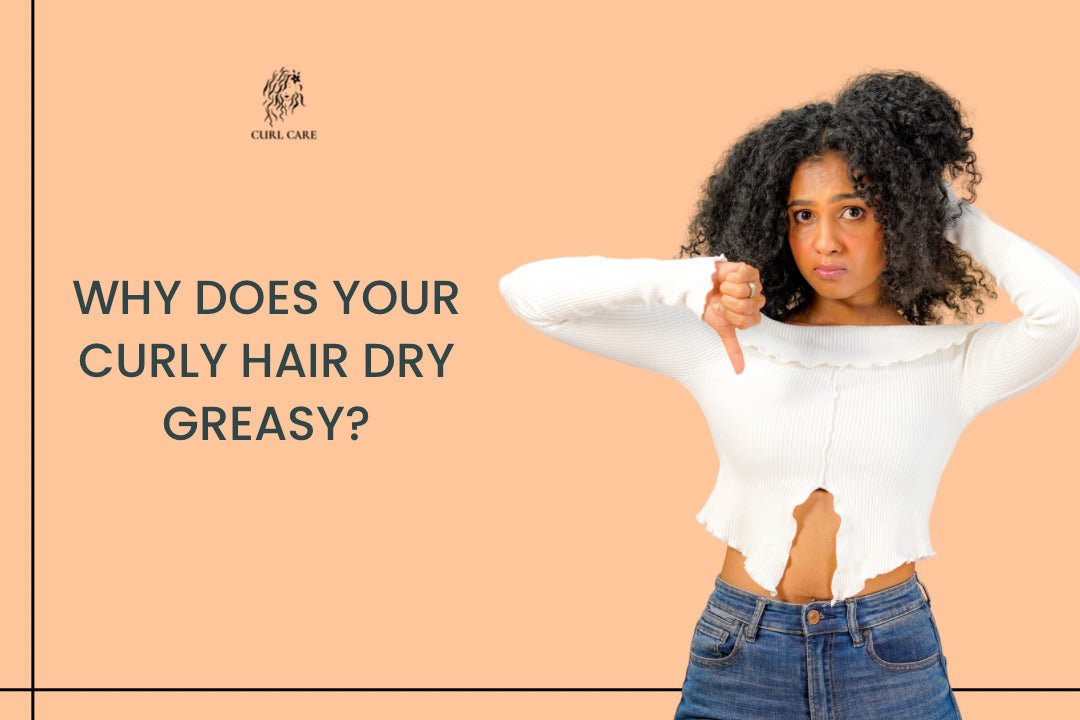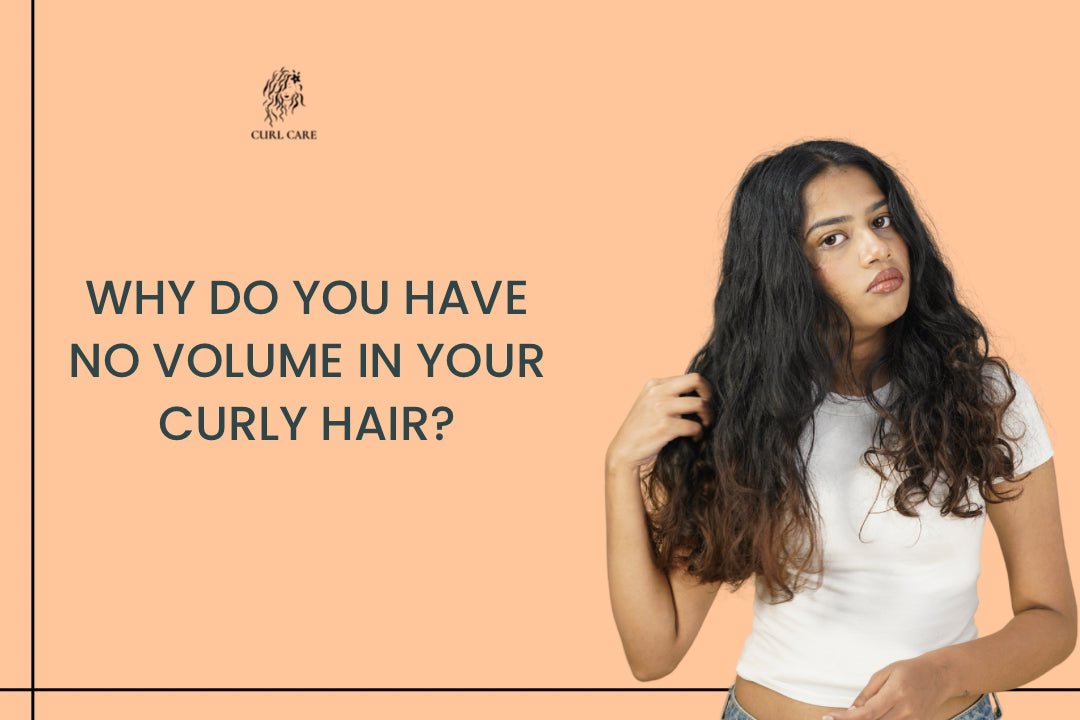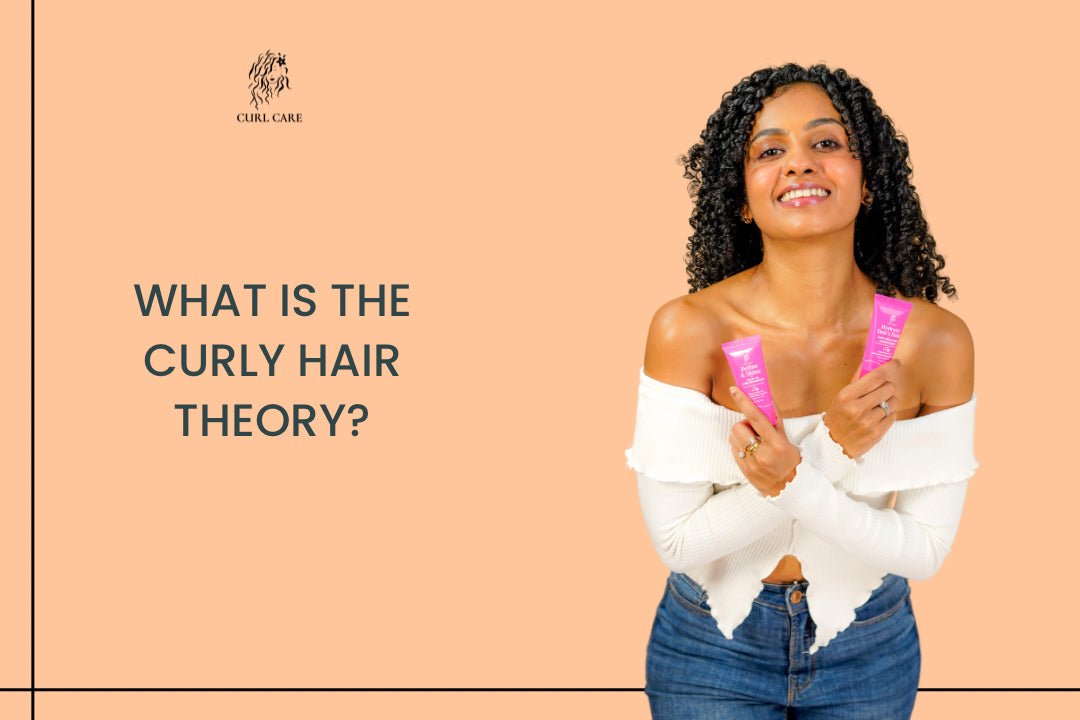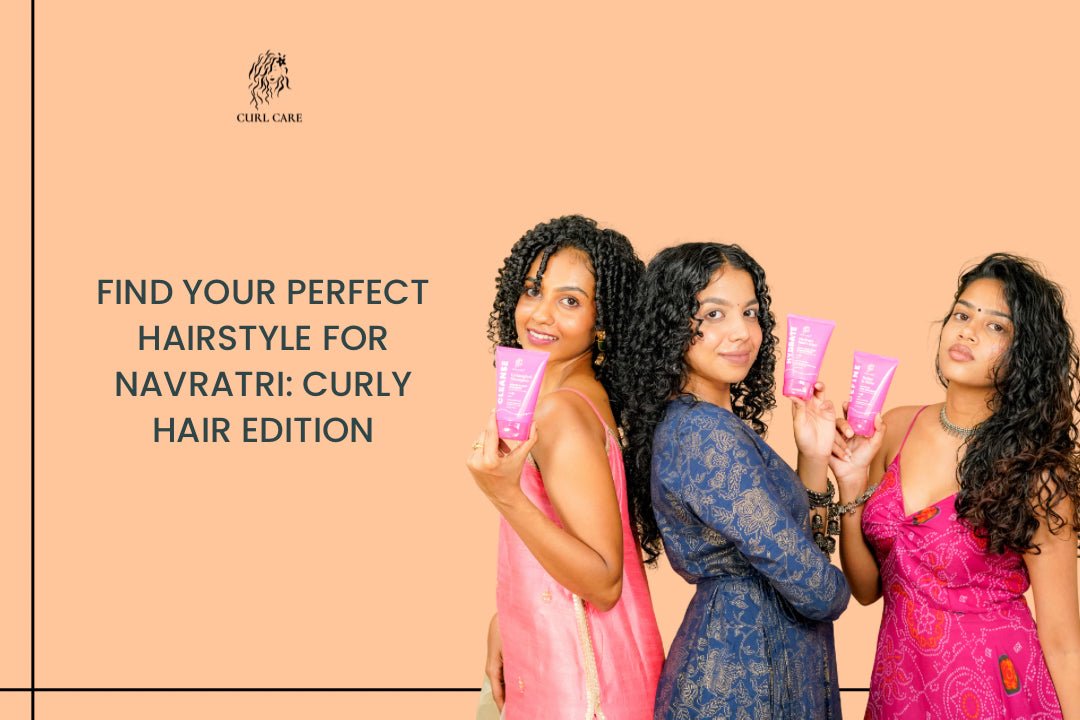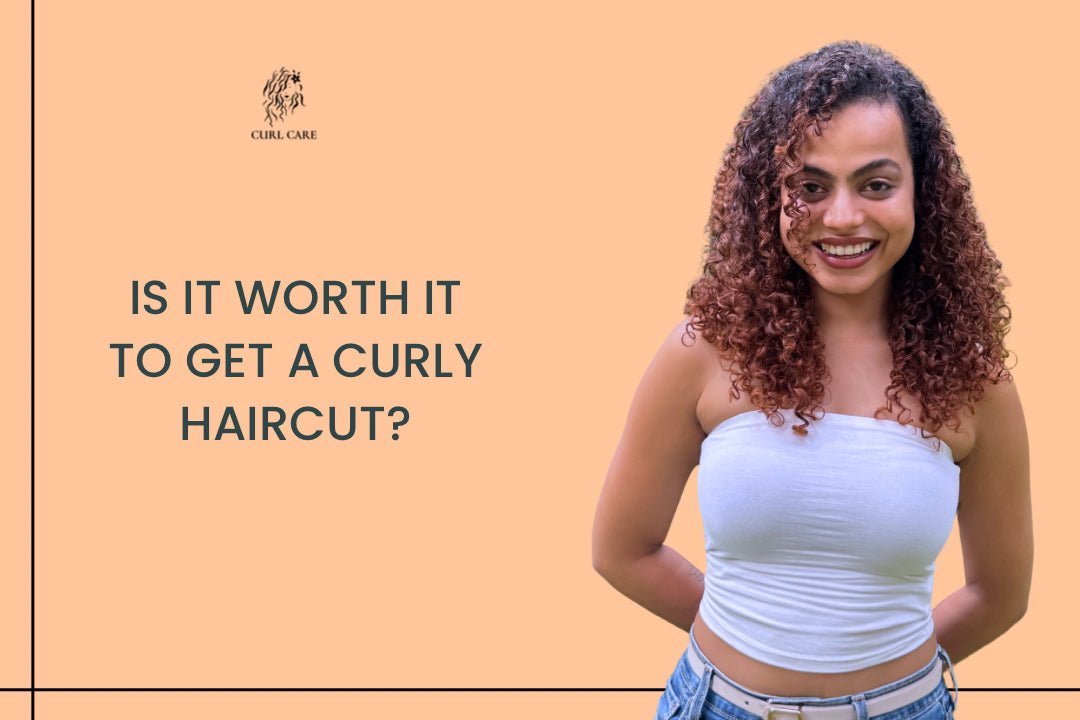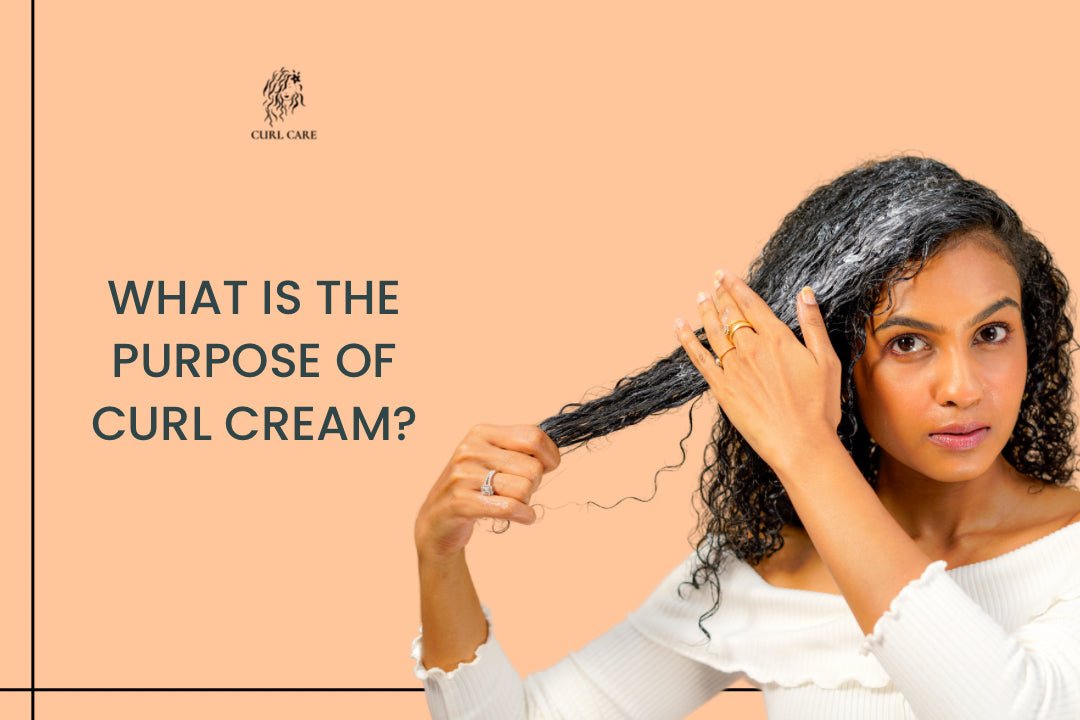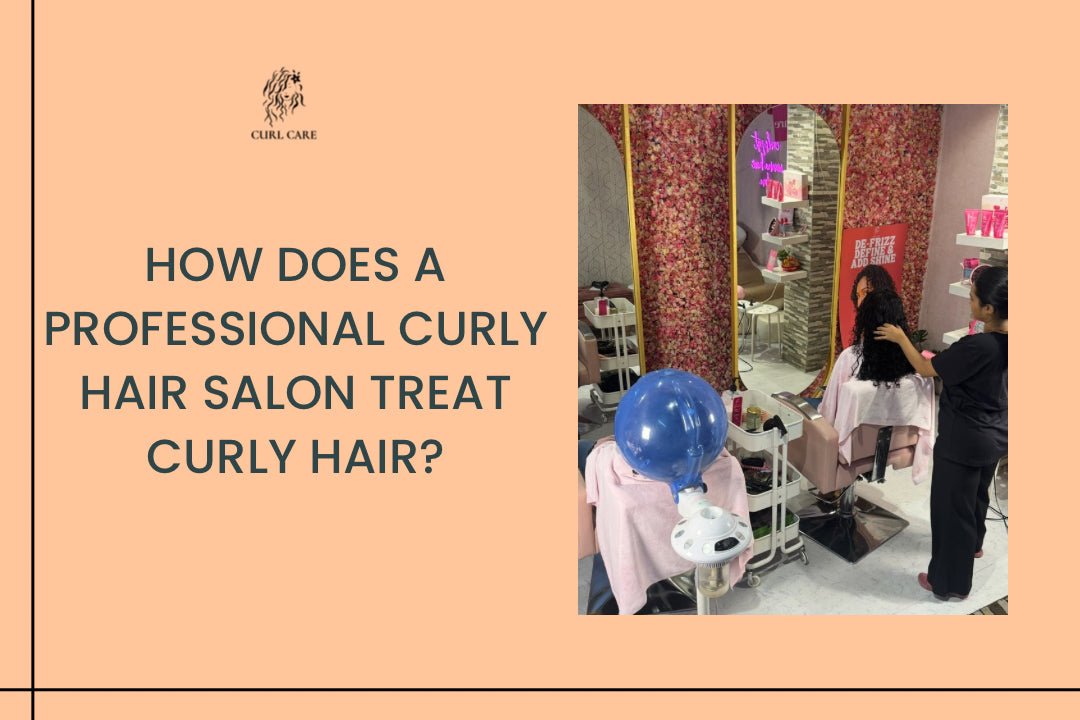How often do we hear to stay away from paraben and sulphate products for our skin and hair. Anything cutely packaged can entice you to purchase it and place it on your bathroom shelves! However, it is best to exercise caution when selecting hair care products. After all, the product's effectiveness and action are determined by its ingredients and their quality, not by its outer packaging. The right and high-quality ingredients will undoubtedly provide your hair with the health, rejuvenation, freshness, and shine it deserves! And when it comes to choosing the right ingredients, it's always important to know which ones to avoid. Sulphate' s and silicones, for example, appear to be too good to be true but also can actually harm your hair and scalp!
Firstly, what are sulphate' s?
Sodium Lauryl Sulphate is responsible for the foam and bubbles you enjoy lathering on your hair (SLS).
Sulphate's are most found in shampoos, soaps, detergents, and literally anything that can foam well due to their low cost. SLS, or any of its harsh derivatives, can harm your hair and scalp over time, no matter how much you like its strong cleansing action.
Why do hair experts ask us to refrain from using such products?
Despite their quick effectiveness, Sulphate' s cause dehydrated hair and an itchy, flaky scalp by stripping essential oils and moisture from your scalp. It can also cause hair protein damage, resulting in split ends, brittleness, and breakage. This damages the hair structure, resulting in excessive hair loss.
Silicones, by forming a 'film' around the hair follicle, can also prevent other beneficial ingredients from reaching your hair, rendering your other products useless over time if not properly washed out.
Therefore, it is always better to make an informed choice so that your hair and scalp do not suffer. Consider using silicone-free conditioners with hydrating and nourishing ingredients.
How to identify sulphate' s/ silicones in products?
When looking at an ingredient list for hair products, it usually appears to be a long list of chemicals that are difficult to understand. Most of these words are simply scientific terms for alcohols, naturally derived ingredients, and the dreaded sulfates, silicones, and parabens. And with practice, it's quite simple to identify these ingredients in a lineup. When looking for sulfates, look for ingredients that end in "-ate," which usually indicates that it's a sulfate. Silicones usually end in "-cone," "-xane," or "-col." And parabens are usually identified by the word "paraben."
What should I use instead?
Always make sure to use products free form sulphate/ silicones/ parabens. There are a lot of products available in the market for the same and Curl cure takes pride in formulating products free from harmful ingredients. We have a range of products for all your needs, from shampoo to hair mask to conditioners. Made with ingredients like shea butter, aloe vera, lavender, oats, coconut, avocado etc. to help retain natural shine and make your hair healthier than ever! Curl cure has got your back!
Here is our page to get your hands on the most naturally made products: https://curlcure.com/
